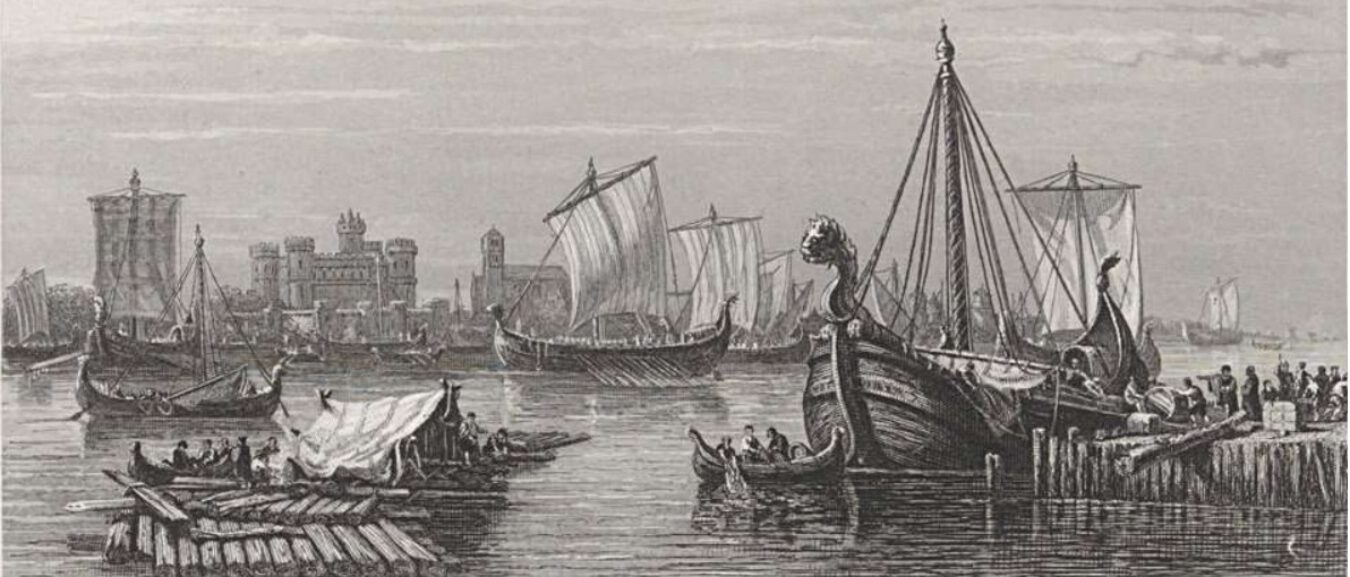The Celtic gods are a diverse group of deities that feature in the mythology and folklore of the ancient Celtic peoples, who lived in what is now modern-day Ireland, Scotland, Wales, and other parts of Western Europe.
The Celtic pantheon includes a wide range of gods and goddesses, many of whom were associated with nature, the elements, and the natural world. Some of the most well-known Celtic gods include
- Lugh – a god of the sun, skill, and crafts, known for his prowess in battle and his ability to inspire and protect his followers.
- Dagda – a god of fertility, agriculture, and the arts, known for his magical cauldron that could produce an endless supply of food and drink.
- Brigid – a goddess of healing, poetry, and smithcraft, who was often associated with fire and the hearth.
- Morrigan – a goddess of war, fate, and transformation, known for her shape-shifting abilities and her ability to guide and inspire warriors in battle.
- Cernunnos – a god of the forest and the hunt, often depicted with antlers or horns and associated with fertility and the cycle of life and death.
- Epona – Goddess of horses and fertility, was often depicted riding or standing alongside a horse
- Danu – Mother goddess, associated with creation and fertility, she was sometimes depicted as a watery goddess, with symbols such as the salmon or the swan
These are just a few examples of the many gods and goddesses that were venerated by the ancient Celts. The Celtic gods were often seen as powerful and unpredictable forces of nature, and their worship involved complex rituals, sacrifices, and offerings to appease and honor them.
Despite the influence of Christianity, many aspects of Celtic mythology and folklore have survived to the present day, and the stories and traditions associated with the Celtic gods continue to be celebrated and explored by modern practitioners of Celtic spirituality and pagan traditions.

